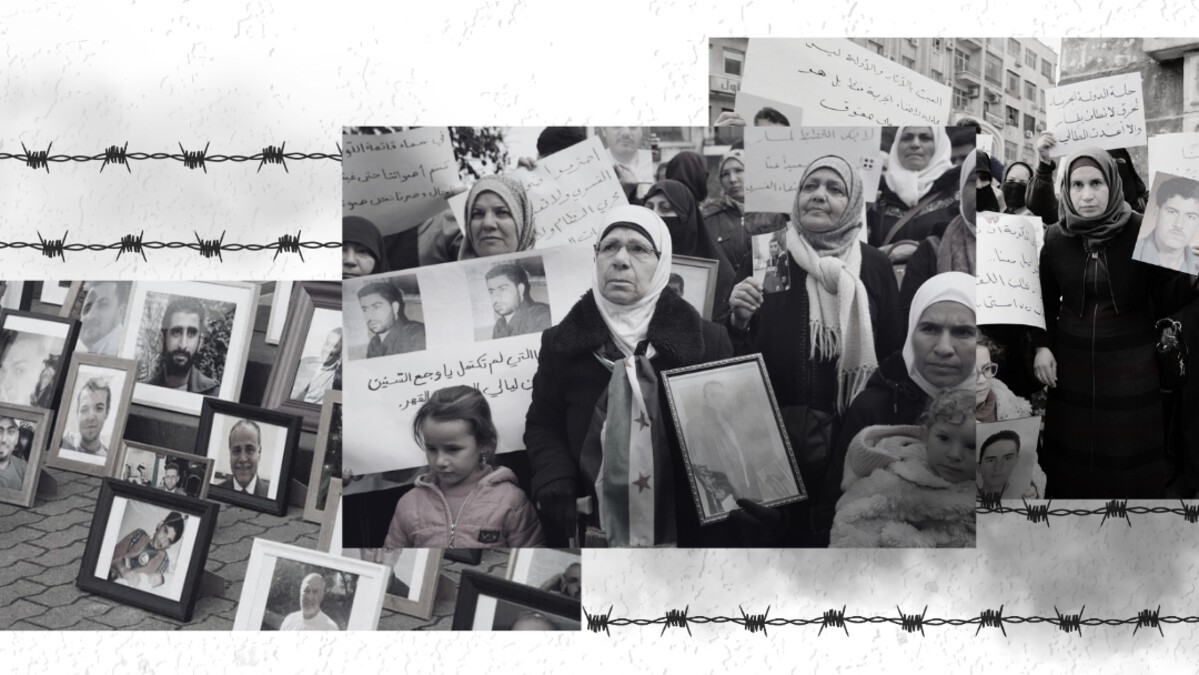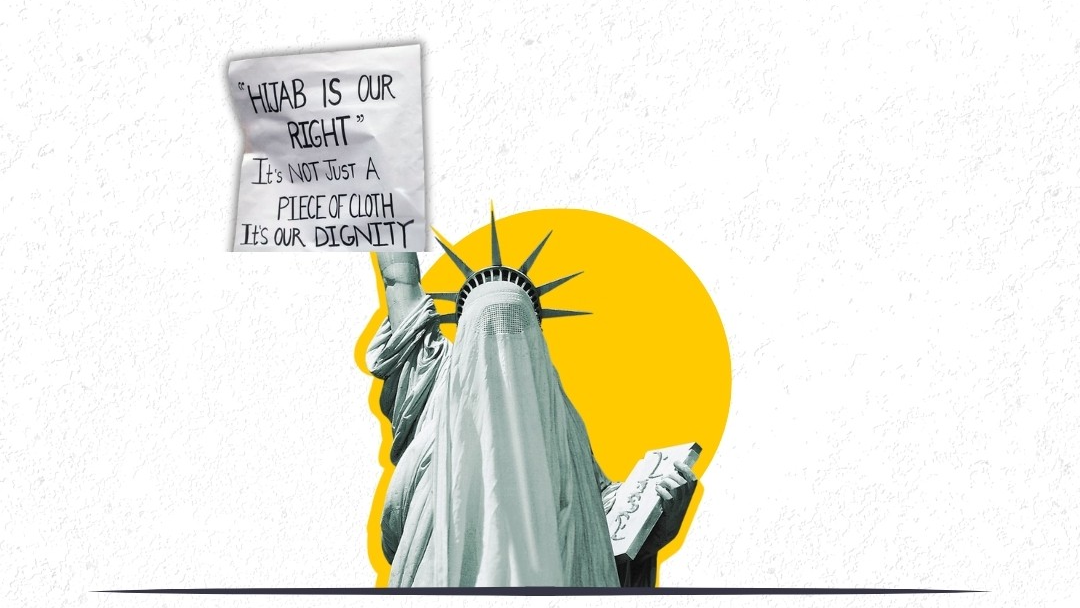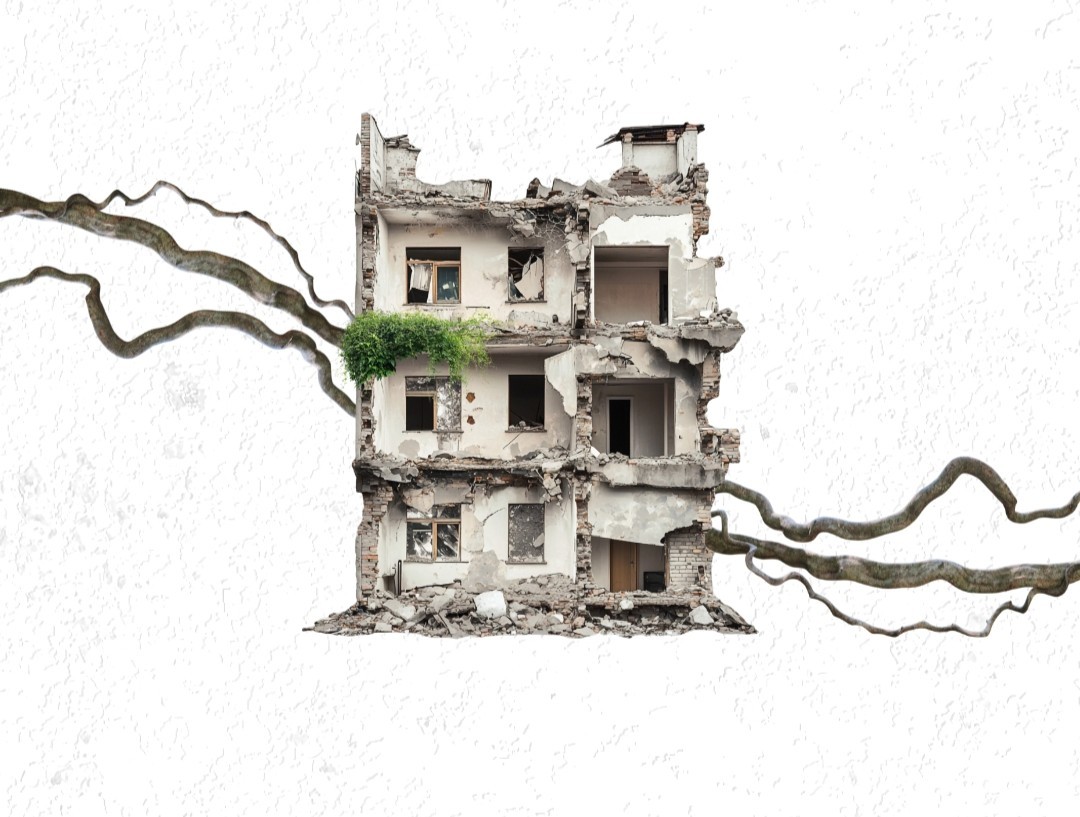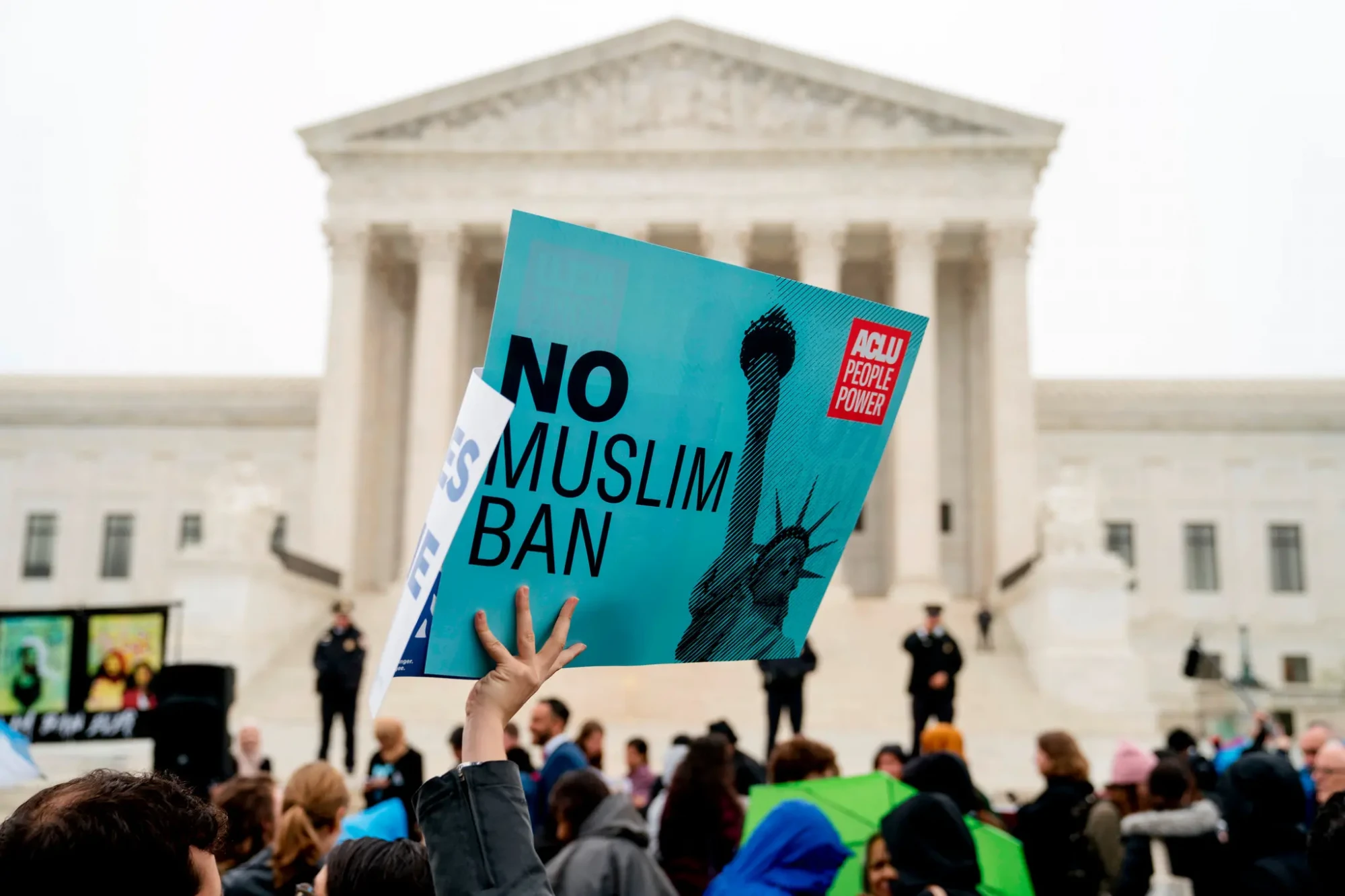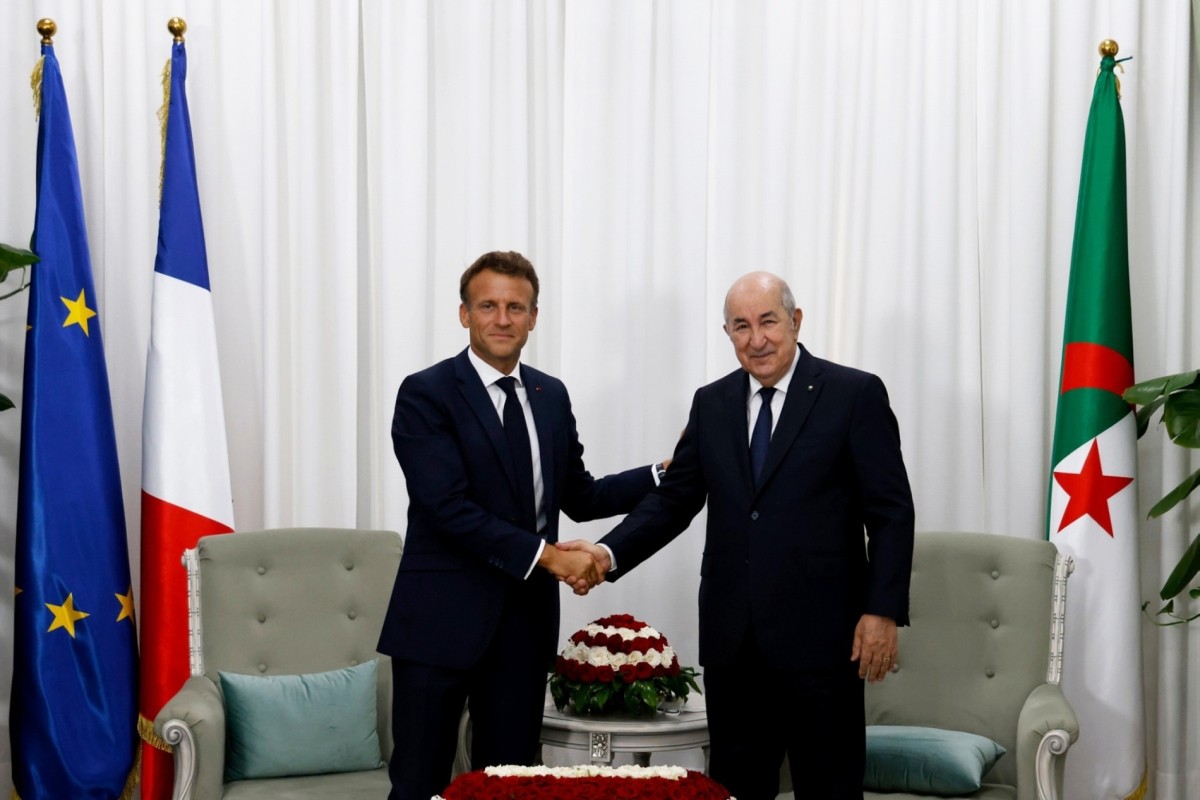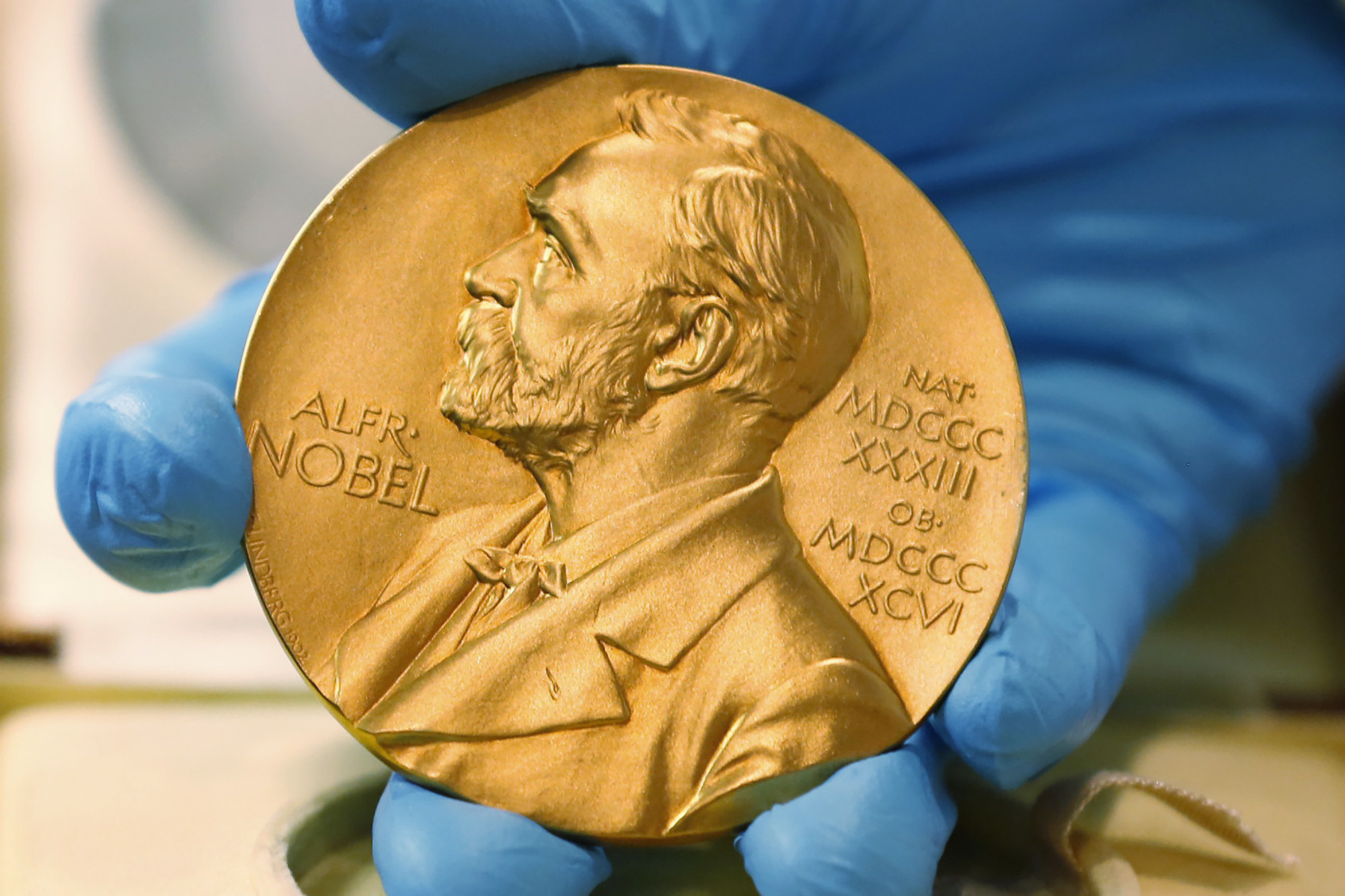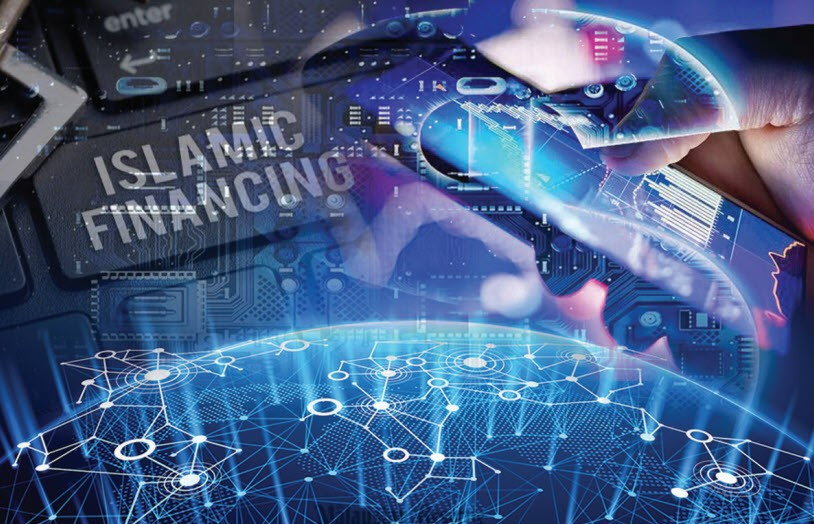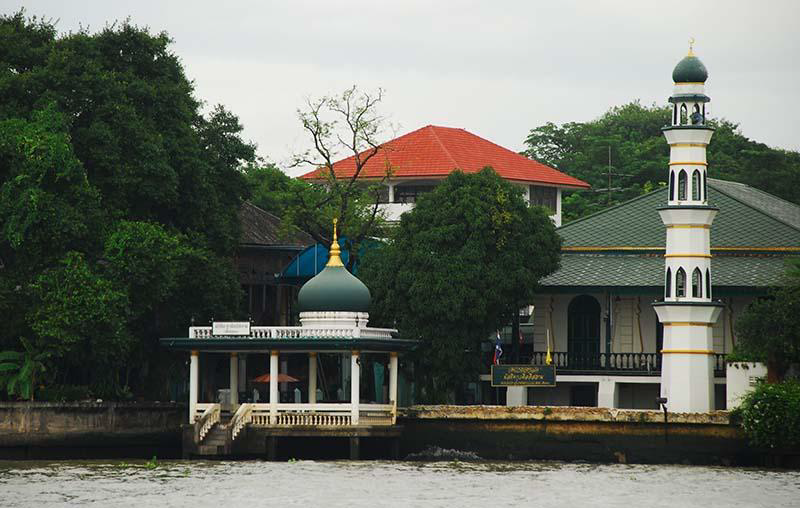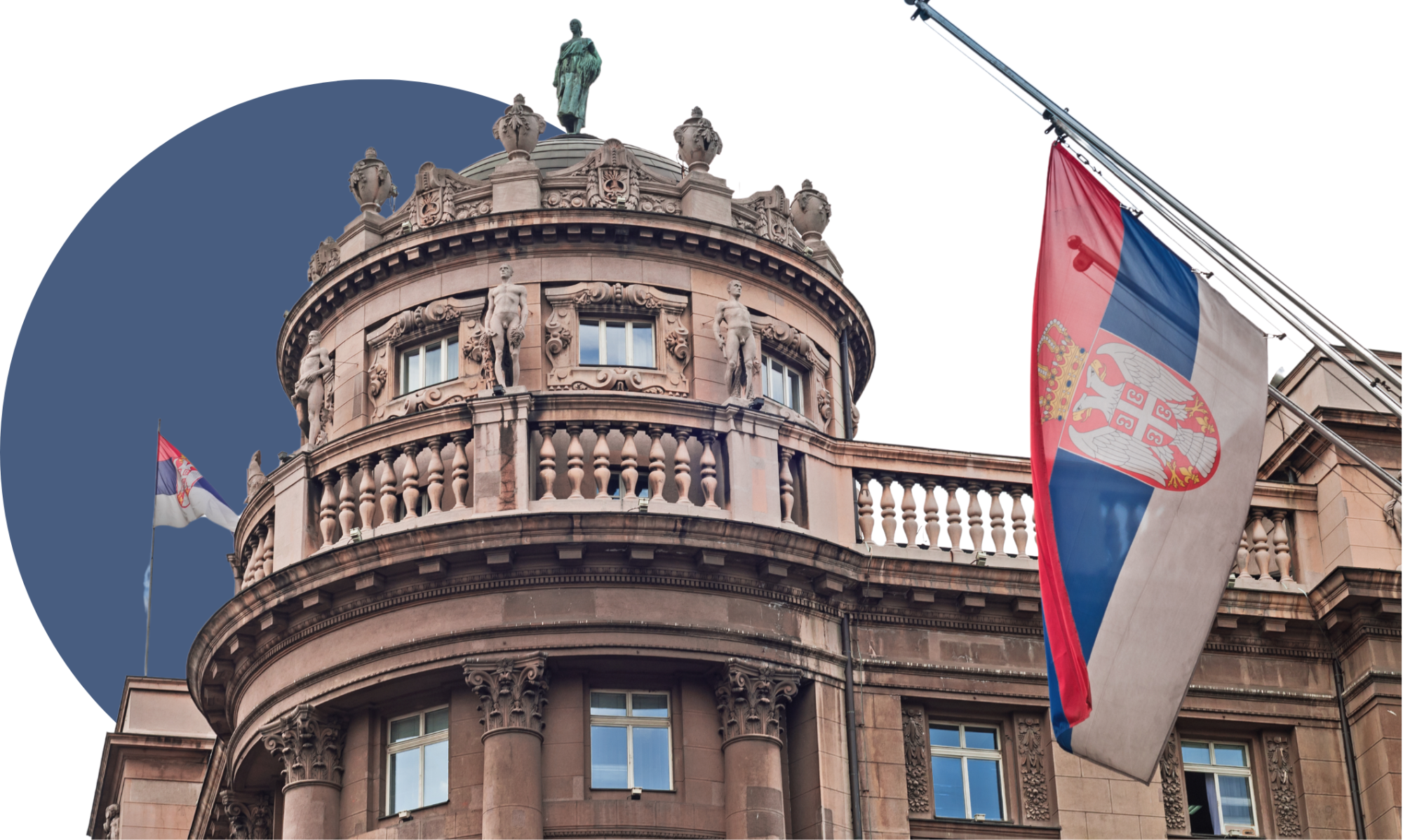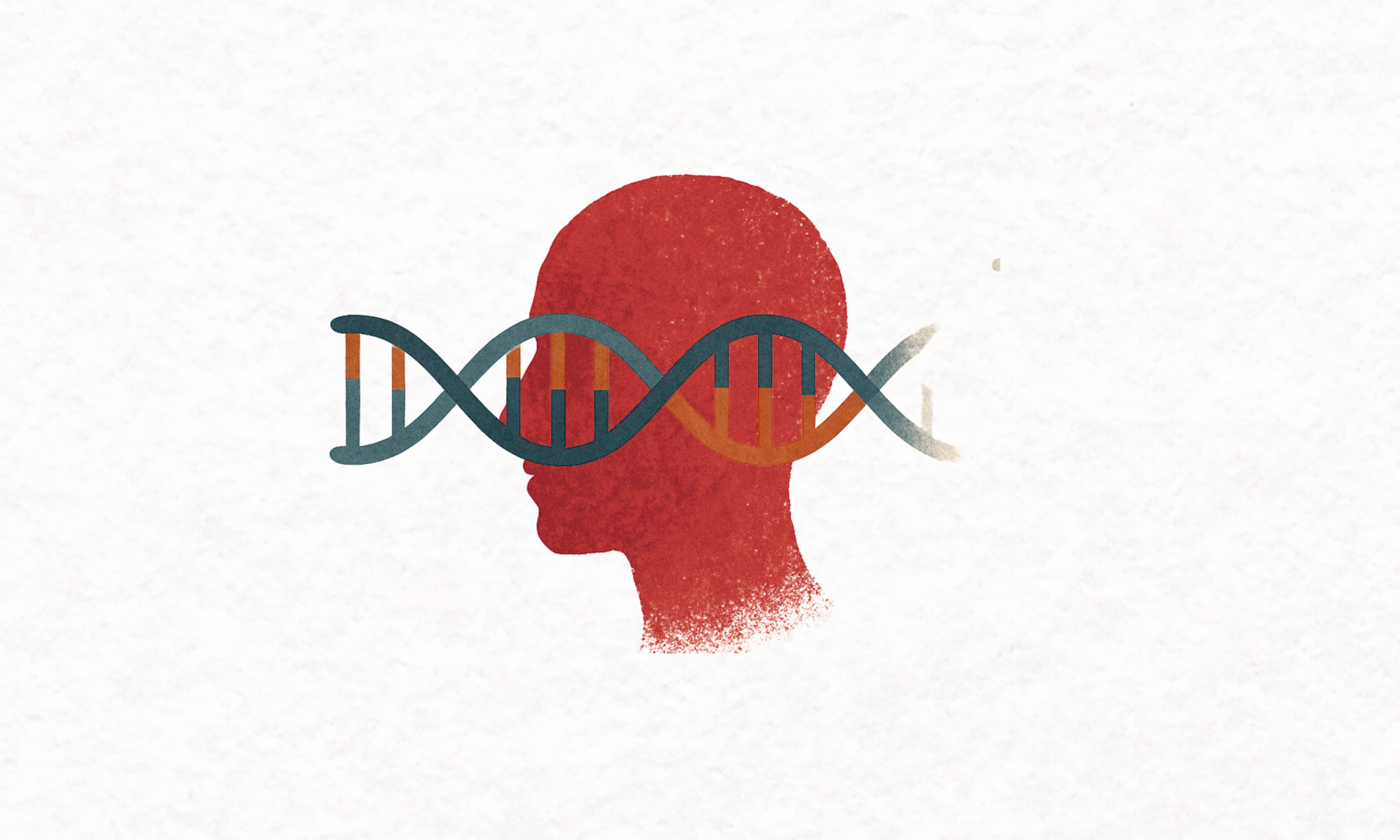
Epigenetic Echoes of Violence: Reframing Intergenerational Trauma, Resilience, and Equity Through Science
Trauma can be biologically transmitted across generations through epigenetic changes in DNA. Through the lens of epigenetics, this study shows how experiences of violence leave inheritable marks that reflect adaptation, not just harm. Trauma, rather than being a condition to fix, can serve as a foundation for resilience shaped by history and survival.
Introduction
The human genome remains stable throughout our lives, but the expression of our genes can be altered by experiences such as stress and violence—a process known as epigenetics. This field provides insight into how such environmental influences can be biologically encoded and transmitted across generations (Meaney, 2010). The recently published research (Mulligan et al., 2025), in which I am a senior author, centered on the Syrian conflict, investigates whether trauma leaves a heritable epigenetic signature and how these changes may influence resilience or vulnerability in future generations.
Epigenetic Transmission of Trauma
Our research (Mulligan et al, 2025) focused on DNA methylation, the most studied form of epigenetic modification, which influences gene activity without altering DNA structure (Feinberg, 2007). Over ten years, we engaged three Syrian family cohorts: (1) grandmothers pregnant during Syria’s 1982 massacre, (2) mothers pregnant during the 2011 civil uprising, and (3) a control group that left Syria before 1982. By analyzing over 850,000 methylation sites using buccal swab samples, we identified 21 sites linked to direct trauma exposure and 14 associated with germline inheritance. This means that the grandchildren of the grandmothers who were exposed to violence while pregnant had marks on their DNA in 14 sites, although the grandchildren themselves were not exposed to violence directly, indicating that these epigenetic marks were passed on from the grandmothers to their grandchildren.
The grandchildren of the grandmothers who were exposed to violence while pregnant had marks on their DNA in 14 sites
These findings suggest that, while most methylation marks are erased during embryogenesis, a subset appears to escape reprogramming (Franklin et al., 2010). This aligns with animal model studies showing that stress-induced epigenetic modifications can be passed through generations (Dias & Ressler, 2014). Our data provide the first human-based support for this phenomenon in the context of political violence (Mulligan et al., 2025).
Another finding of the research (Mulligan et al.,2025) was the observation of accelerated epigenetic aging in individuals with prenatal exposure to violence—supporting a growing body of literature that highlights the in utero environment as critical to long-term health outcomes (Liu et al., 2012). This is particularly relevant in contemporary contexts such as the unfolding genocide in Gaza, where thousands of pregnant women are exposed to severe trauma. Public health strategies must urgently address prenatal exposure in conflict zones, recognizing it as a key determinant of long-term community health.
Reframing Trauma: From Victimhood to Agency
These findings deepen our understanding of intergenerational trauma within social contexts. Traditionally, trauma has been framed in binary terms—survivors are either victims or heroes. This dichotomy, rooted in colonial thinking, ignores the evolutionary capacity of humans to adapt. From an epigenetic standpoint, trauma does not only denote vulnerability but can indicate a spectrum of inherited adaptive biological mechanisms. As a descendant of Palestinian refugees, my personal journey in science is not merely academic—it is a commitment to challenge Western victim-based paradigms and to reframe trauma through a decolonized, equity-centered lens.
Epigenetics, Colonial Science, and Social Justice
This rethinking of trauma has significant implications. First, it recasts inherited epigenetic changes as “my grandmother’s wisdom”—adaptive biological tools passed down to help descendants survive and thrive in uncertain environments. Rather than viewing trauma solely as a source of pathology, we propose that inherited epigenetic marks can support behavioral regulation and resilience. This perspective disrupts the notion that those impacted by violence are passive recipients of harm, needing salvation from external actors—often the same systems or states responsible for their trauma.
Rather than viewing trauma solely as a source of pathology, we propose that inherited epigenetic marks can support behavioral regulation and resilience.
Second, these findings are particularly pertinent to communities affected by conflict and displacement, such as refugees. The concept of “epigenetic priming” offers a new framework for understanding community resilience or vulnerability. If certain epigenetic changes increase stress sensitivity, they may also heighten awareness, adaptability, and readiness for unpredictable environments. These qualities, while sometimes misread as symptoms of disorder, may actually be protective. Thus, the same biological marks that science has often linked to dysfunction could instead represent adaptive responses crucial for survival in volatile contexts (Merrill et al., 2025).
Our approach is decolonial: community-based, participatory, and rooted in historical consciousness. Scientific inquiry must evolve to recognize its entanglement with global power dynamics and actively contribute to justice and equity. We align with calls to reconfigure science as a tool of solidarity—not surveillance (Merrill et al, 2025).
Interdisciplinary Collaboration: A New Frontier
These scientific insights necessitate a reimagining of policy frameworks. Intervention programs that traditionally aim to “fix” trauma survivors must instead recognize and nurture inherited strengths. This calls for a participatory model in which affected communities shape the solutions, grounded in the understanding that they possess generational knowledge encoded in both culture and biology. Advancing this research requires interdisciplinary collaboration between social sciences and epigenetics (Lock, 2013). Social scientists bring contextual depth—understanding how culture, history, and identity shape trauma—while biologists and geneticists offer tools to trace these impacts at a molecular level. Together, these disciplines can create a more holistic science of trauma and resilience. The integration of lived experience, especially when scientists emerge from the communities they study, fosters research that is both ethical and impactful. This is how we do better science: when the scientist is not an outsider peering in, but a community member with a stake in the outcomes.
Policy Implications and Scientific Accountability
Yet our work does not exist in a vacuum. Science is shaped by the sociopolitical world, and we must acknowledge how the current global order, emerging from post-World War II structures, continues to marginalize communities in the Global South. This order, which claims to uphold human rights, simultaneously enables oppression. Nowhere is this clearer than in the ongoing genocide in Gaza, where Western powers support violent regimes while preaching humanitarianism. This contradiction infects not just politics but science, public health, and mental health—where trauma in the Global South is pathologized rather than contextualized. In contrast, post-war European societies are rarely labeled as traumatized victims. The difference lies in who defines trauma and for what purpose. In this analysis, I resist this hierarchy of suffering. I assert that communities historically portrayed as broken or helpless possess epigenetic evidence of adaptive strength. Recognizing this not only affirms their humanity but reshapes global narratives of who is deserving of care, dignity, and survival.
This order, which claims to uphold human rights, simultaneously enables oppression. Nowhere is this clearer than in the ongoing genocide in Gaza, where Western powers support violent regimes while preaching humanitarianism.
Epigenetics also disrupts the colonial legacies embedded in science. Historically, trauma in the Global South has been medicalized and moralized, often by the same powers perpetuating conflict. Scientific models frequently fail to account for the sociopolitical origins of suffering (Kirmayer, Gone, & Moses, 2003). Our discovery of novel epigenetic sites in human trauma transmission may one day lead to tools for accountability. Just as fingerprints can tie individuals to crimes, inherited biological signatures of violence may provide scientific evidence to hold perpetrators responsible. While speculative, this possibility emphasizes that trauma is not merely a private or psychological matter—it is political and moral.
Conclusion: Toward a Decolonized Science of Trauma
Ultimately, the research findings call for a paradigm shift—from viewing trauma through binaries of victimhood or heroism to understanding it as part of a diverse, adaptive continuum of human experience. Nature does not function in absolutes; it thrives on variation. Likewise, humans must be seen not through simplistic labels, but as carriers of complexity, resilience, and potential. This is the essence of “my grandmother’s wisdom”: a biological memory of survival, a legacy of adaptation, and a testament to the enduring power of community. By embracing this framework, science can transcend its colonial roots and become a tool for justice. In doing so, we honor those who have endured violence not by fixing them, but by learning from them. We move from pathology to possibility, from survival to sovereignty.
By embracing this framework, science can transcend its colonial roots and become a tool for justice.
These findings offer not just scientific insight but a moral imperative. Trauma is not a binary—it is a biological, historical, and cultural continuum. Epigenetic signatures are not merely scars; they are potential maps of adaptation. This perspective urges us to embrace diversity, center community agency, and conduct science with and for the people most affected. It calls for a new scientific ethic grounded in justice, humility, and care.
This is science as resistance. This is science as healing. This is my grandmother’s wisdom.
References
Dias, B. G., & Ressler, K. J. (2014). Parental olfactory experience influences behavior and neural structure in subsequent generations. Nature Neuroscience, 17(1), 89–96. https://doi.org/10.1038/nn.3594
Feinberg, A. P. (2007). Phenotypic plasticity and the epigenetics of human disease. Nature, 447(7143), 433–440. https://doi.org/10.1038/nature05919
Franklin, T. B., Russig, H., Weiss, I. C., Graff, J., Linder, N., Michalon, A., ... & Mansuy, I. M. (2010). Epigenetic transmission of the impact of early stress across generations. Biological Psychiatry, 68(5), 408–415. https://doi.org/10.1016/j.biopsych.2010.05.036
Kirmayer, L. J., Gone, J. P., & Moses, J. (2003). Rethinking historical trauma. Transcultural Psychiatry, 51(3), 299–319. https://doi.org/10.1177/1363461514536358
Liu, Y., Murphy, S. K., Murtha, A. P., Fuemmeler, B. F., Schildkraut, J., Huang, Z., ... & Jirtle, R. L. (2012). Depression in pregnancy, infant birth weight and DNA methylation of imprint regulatory elements. Epigenetics, 7(7), 735–746. https://doi.org/10.4161/epi.20734
Lock, M. (2013). The epigenome and nature/nurture reunification: A challenge for anthropology. Current Anthropology, 54(3), 350–368. https://doi.org/10.1086/670272
Meaney, M. J. (2010). Epigenetics and the biological definition of gene × environment interactions. Child Development, 81(1), 41–79. https://doi.org/10.1111/j.1467-8624.2009.01381.x
Merrill, S., Konwar, C., Fraihat, Z., Parent, J., Dajani, R. (2025). Prenatal trauma and epigenetic priming in displaced communities. Cell Reports Medicine. 6(2) 100560. https://doi.org/10.1016/j.medj.2024.11.013
Mulligan, C., Quinn, E., Hamdmad, D., Dutton, C., Nevell, L., Binder, A., Panter-Brick, C., Dajani, R. (2025). Epigenetic signatures of conflict: A multi-generational human study. Scientific Reports, 15, 5945 (2025). https://doi.org/10.1038/s41598-025-89818-z
Rana Dajani
Rana Dajani is a Palestinian Jordanian molecular biologist, epigeneticist, and advocate for science-based social change. A global leader in community-centered science, her research bridges biology and the lived experiences of displaced peoples. As th...
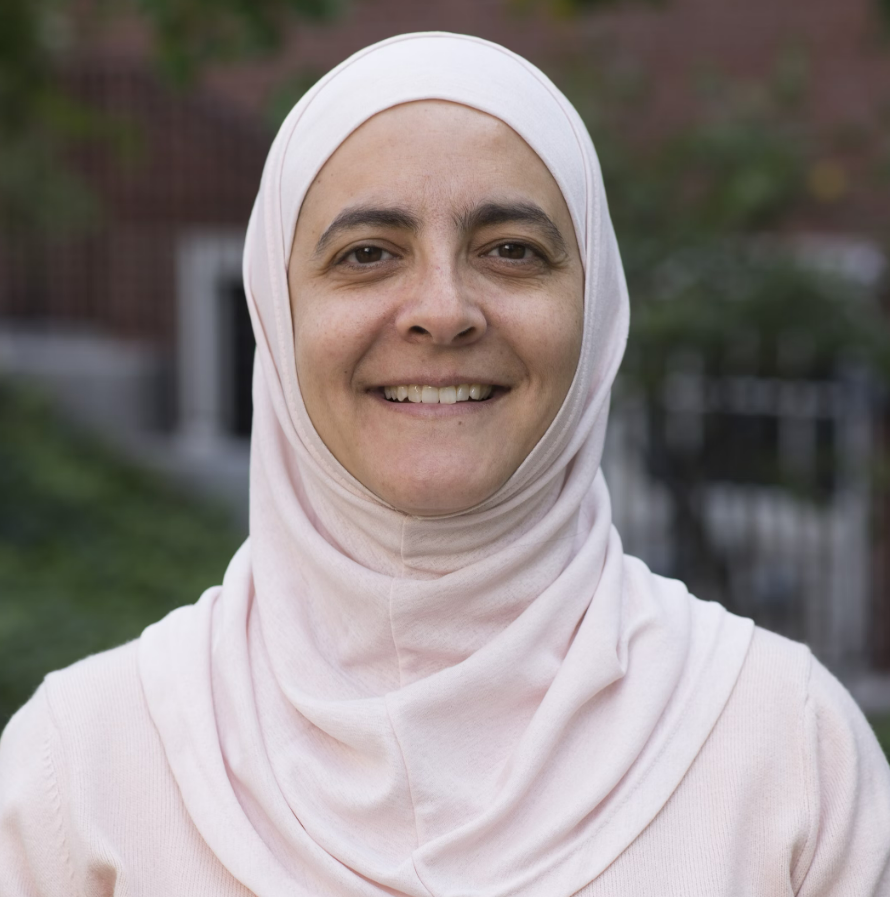 Rana Dajani
Rana Dajani